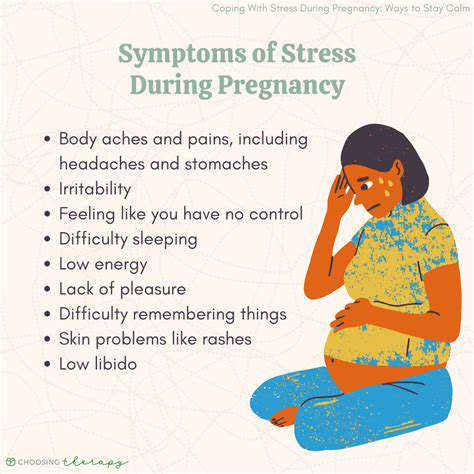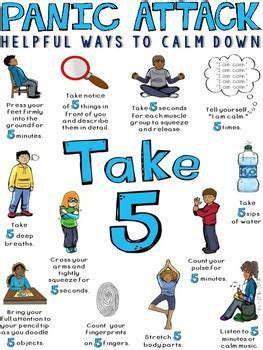Coping with Anxiety Attacks During Pregnancy: Tips and Support

Identifying Potential Triggers for Anxiety
Understanding Common Anxiety Triggers
Pregnancy brings a whirlwind of emotions, and anxiety often becomes an uninvited companion during this transformative journey. The roots of this anxiety can be surprisingly diverse. Those powerful hormonal surges that prepare your body for motherhood? They're also quietly rewriting your emotional landscape, sometimes leaving you feeling like you're riding an unpredictable rollercoaster. Beyond biology, very real concerns about your baby's development, your changing body, and the impending life shift can all feed anxious thoughts.
Financial pressures that seemed manageable before might suddenly feel overwhelming. Relationship dynamics shift as you prepare for parenthood, potentially stirring old insecurities. If you've wrestled with anxiety before pregnancy, you might find familiar symptoms returning with new intensity. What makes pregnancy unique is how these ordinary stressors combine with the extraordinary responsibility of growing a human life, creating a perfect storm for anxiety to flourish.
Recognizing Physical Symptoms
Anxiety doesn't just live in your mind—it sends clear signals through your body. You might notice your heart suddenly racing without reason, or find yourself taking quick, shallow breaths. Muscle tension, particularly in your shoulders and neck, can become your body's default setting. Headaches might appear more frequently, and some women report feeling dizzy or lightheaded during anxious moments.
The challenge lies in distinguishing pregnancy's normal discomforts from anxiety's physical manifestations. Is that nausea from morning sickness or nervous butterflies? Only your healthcare provider can say for certain. That's why tracking these symptoms becomes so valuable—note when they occur, what you were doing, and how intense they feel. Over time, you'll start to see patterns emerge that can guide both you and your medical team.
Examining Lifestyle Factors
Your daily habits wield surprising power over your anxiety levels during pregnancy. That nonstop work schedule you powered through before? It might now leave you emotionally drained. Skipping meals or skimping on sleep—common when preparing for baby—can actually fuel anxious thoughts. The solution lies in redefining what productivity means during this special time.
Simple changes can make profound differences. Try gentle prenatal yoga—not for Instagram-perfect poses, but for the way it teaches you to breathe through discomfort. Explore meditation apps designed for expectant mothers. Build a nesting ritual that includes winding down before bed. Surround yourself with people who understand that I just need to rest is a complete sentence during pregnancy. Remember—what soothes one woman's anxiety might not work for another, so give yourself permission to experiment.
Seeking Professional Support
There's extraordinary strength in recognizing when you need help. Perinatal mental health specialists understand the unique intersection of pregnancy and anxiety in ways that general therapists might not. They can teach you techniques tailored to your specific needs—perhaps cognitive behavioral strategies to reframe anxious thoughts, or mindfulness exercises you can use during medical appointments if those trigger anxiety.
Your obstetrician or midwife should be your first stop for referrals, but don't overlook local pregnancy support groups. Sometimes, just hearing me too from other expectant mothers can lift a weight you didn't know you were carrying. If medication becomes part of the discussion, know that certain options are considered safe during pregnancy—the risks of untreated anxiety often outweigh potential medication concerns. Your healthcare team can guide you through these decisions with compassion and expertise.
